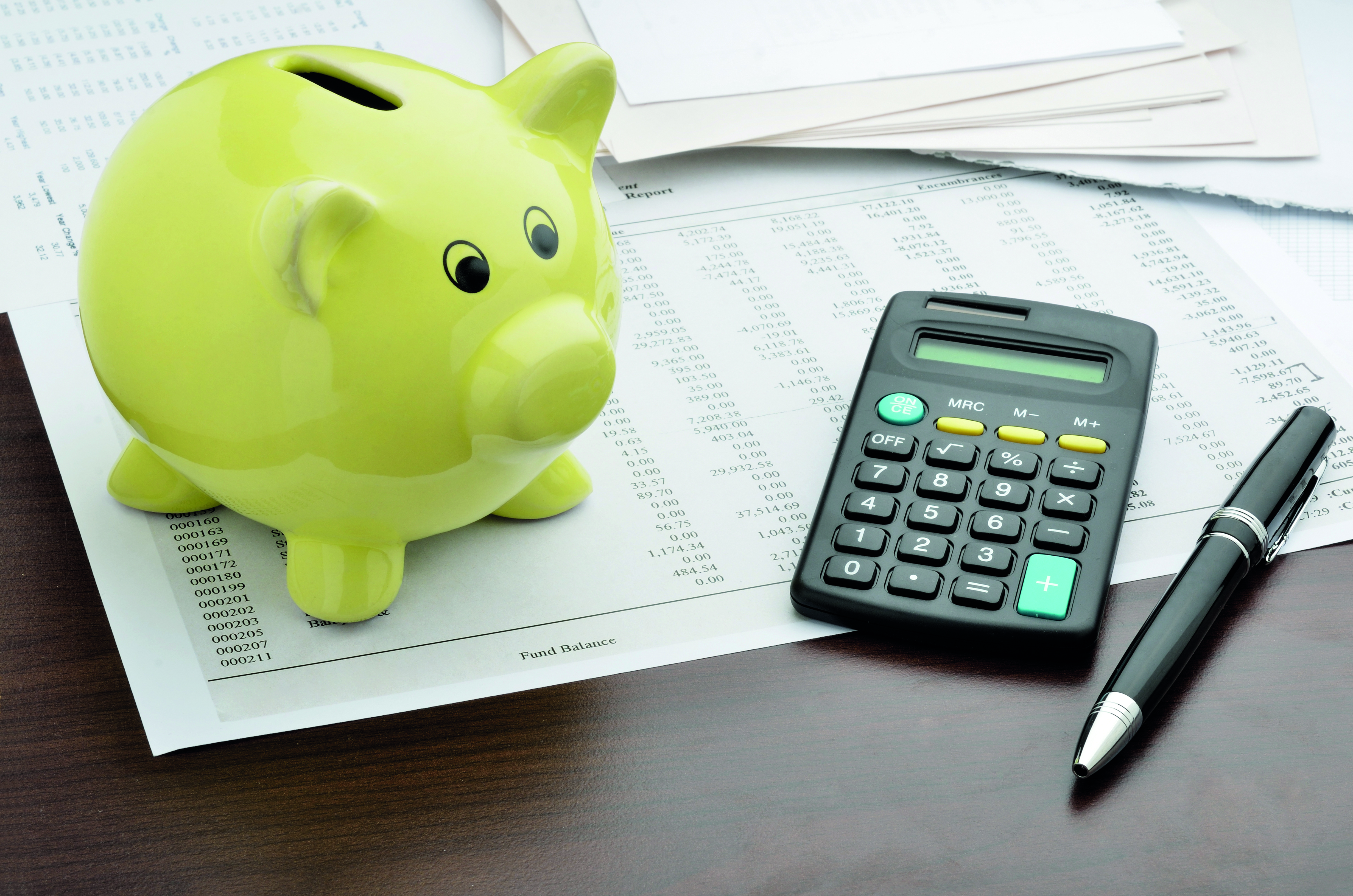Reasons to file a tax return
HM Revenue and Customs (HMRC) have recently revealed that around 12 million taxpayers were expected to file a self-assessment tax return for the tax year ended 5 April 2023, with a record-breaking 11.5 million taxpayers submitting their returns by the filing deadline of 31 January 2024. As tax free allowances are being reduced year on year, this number is likely to further increase for the tax year ending 5 April 2024, with more and taxpayers required to file returns.
Examples of the various criteria for a taxpayer who will need to file a tax return for 2023/24 is listed below:
- A self-employed individual or partner in a partnership
- Director of a limited company if you have income that is not taxable under PAYE
- Annual income of £150,000 or more before tax
- Savings and investment income of £10,000 or more before tax
- You received regular annual income from a trust or settlement, or you received income from the estate of a deceased person and further tax is due on
- You received untaxed income for example untaxed investments or income from rental properties
- You received other untaxed income which is £2,500 or more
- Tax due at the end of the year which cannot be collected via your PAYE coding notice
- Foreign income which UK tax is due on
- A non – resident individual with taxable income in the UK
- Either you or your partner received child benefit and the adjusted net income exceeds £50,000 – therefore the high-income child benefit charge is reportable
- Liable to other tax charges such as an “excess” gift aid or pension contributions
- You are in receipt of a deferred state pension lump sum from before 6 April 2016 which tax is due on
- Claims for expenses are over £2,500
- Capital gains tax:
- You have given away or sold assets worth £50,000 or more in the year; or
- You have a capital loss but your gains net of any losses exceed the annual exempt amount (AEA) for the year of £6,000; or
- You have no losses to claim but your gains are more than the AEA of £6,000; or
- You need to make any other capital gains tax claims or elections for the year.
The above is not an exhaustive list and you should seek further advise if you believe you may fall into the criteria.
Planning for the year end
When looking at planning for the tax year end, are you utilising all allowances available, such as annual exempt amount for capital gains tax, investments into your ISA, maximising your pension contributions?
Our tax planning checklist provides further details and can be found here: Tax year end planning (uhy-uk.com)
If you require any further assistance with regards to the need to file a self-assessment tax return or planning for the year end, please contact Fiona Wheeler on f.wheeler@uhy-manchester.com, or Niall Pearson on n.pearson@uhy-manchester.com.



